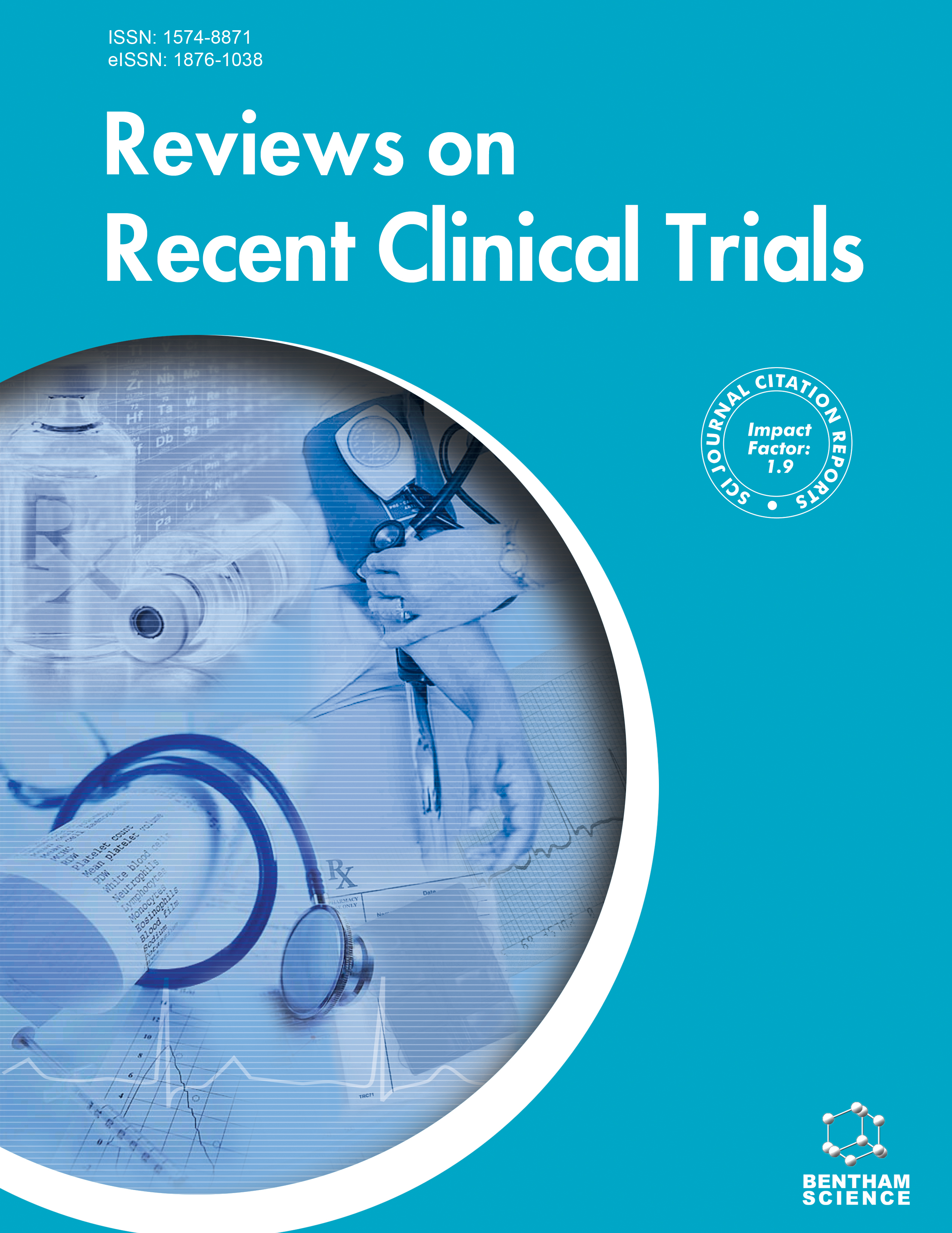
Full text loading...

Lifestyle interventions have been increasingly studied for their potential to improve health outcomes in breast cancer survivors. However, the relative effectiveness of these interventions remains unclear. This study aimed to evaluate the impact of various lifestyle changes on the health outcomes of breast cancer survivors.
A comprehensive analysis of randomized controlled trials (RCTs) involving breast cancer survivors was conducted across major databases, including PubMed, Scopus, Embase, CINAHL, Cochrane Library, and ClinicalTrials.gov. Studies were selected based on their evaluation of lifestyle interventions aimed at reducing breast cancer risk and its recurrence and or improving survival. Non-RCTs and studies focusing solely on pharmacological or genetic interventions were excluded. The risk of bias in included randomized controlled trials was assessed using the Cochrane Risk of Bias 2 (RoB 2). The results of the included studies were presented in tabulated form.
Physical activity emerged as the most effective intervention, significantly enhancing metabolic health, body composition, and cardiorespiratory fitness. Dietary changes and weight management programs provided secondary health benefits, such as modest improvements in diet quality, metabolic markers, and quality of life. The combined intervention of diet and exercise further improved these outcomes although it did not significantly reduce cancer recurrence. The digital support system (EMPOWER-SMS) was feasible and acceptable, offering minor improvements in medication adherence and self-efficacy, though its effects on BMI and quality of life were less pronounced.
Among the various lifestyle interventions explored for breast cancer survivors, physical activity consistently emerged as the most effective in improving health outcomes. While dietary changes, weight management, and combined interventions also offered health benefits, their direct impact on key outcomes like cancer recurrence and survival was less clear. However, when integrated with regular exercise, these interventions contributed to holistic improvements in quality of life, making a combined approach potentially the most comprehensive for supporting breast cancer survivors. This systematic review's limitations include intervention heterogeneity, varied follow-up durations, inconsistent outcome measures, small sample sizes, lack of control over confounding variables, limited participant diversity, potential publication bias, and a focus on short-term outcomes.
Physical activity emerged as the most beneficial lifestyle intervention for breast cancer survivors, particularly when combined with dietary modifications and weight management. A holistic approach that integrates physical activity, dietary changes, and digital support may provide the most comprehensive benefits for breast cancer survivors.